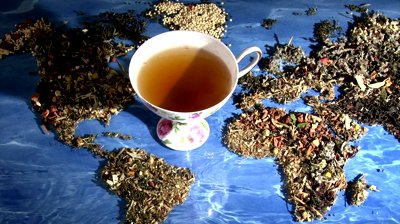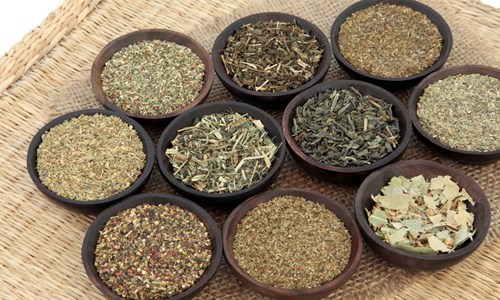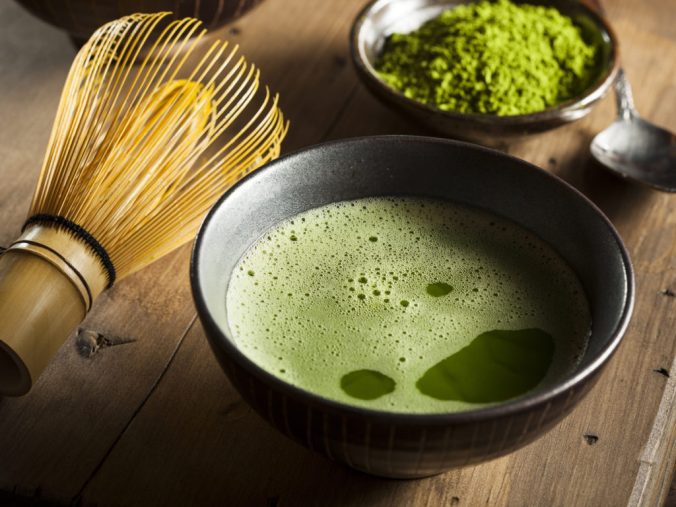
Matcha tea is currently sweeping the whole world for various reasons – its beautiful visual, believed health benefits, distinct aroma and perhaps also its history. Matcha is a powdered tea based on which the entire Japanese Tea ceremony was built way back in the 12th century.
Matcha tea is distinguished from other teas by the fact that the tea bushes in this case are covered for about 20 days to provide shade to the leaves so that the leaves contain maximum chlorophyll, thus turning the tea leaves vibrant green as compared to other tea leaves. For making the matcha tea, only the buds are plucked and are laid out to dry. It takes about an hour to grind the leaves with granite and is done in dark so as to keep the nutrients intact. Because of this, matcha tea contains highest amount of antioxidant, particularly a catechin called EGCG (epigallocatechin gallate), which is believed to have cancer-fighting effects on the body.
Since in Matcha tea the entire tea leaves is taken as a powder mixed with hot water – the goodness of the tea is at its best here.
I had not tried matcha in its truest form so far. So I was delighted when Rajshree Maheswari called me up and she mentioned that she works only with Japanese Matcha tea and runs a brand called Matcha Culture in Bangalore. We planned to meet and she gave me a nice jar of matcha tea to try at home and let her know about my opinion. So here it is:

The packaging looks great.
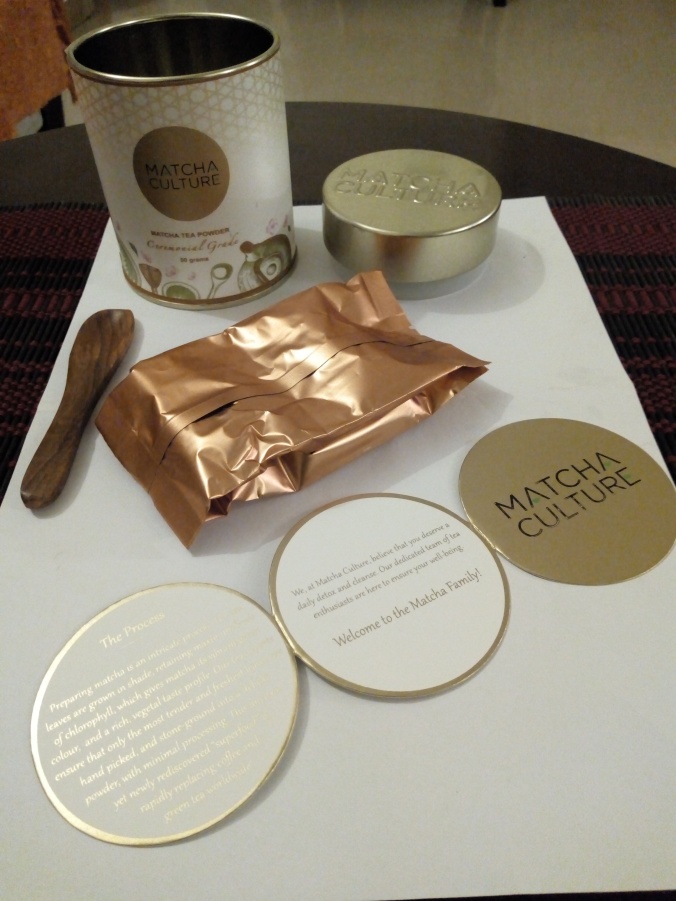
It comes with a wooden spoon and a very detailed note on the tea and how to prepare it
I tried the matcha tea in 3 different ways:
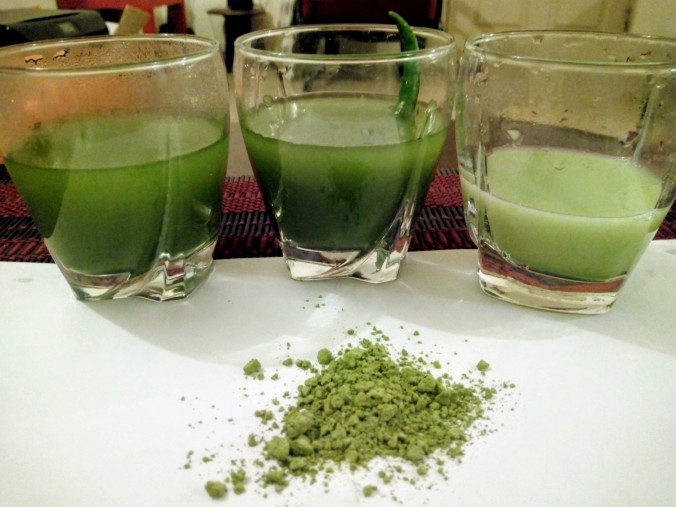
Hot, Cold and Milk Matcha with the tea powder
Hot Matcha – I added 1 spoon of matcha powder to a little amount of hot water and mixed the powder thoroughly. Post that I added more hot water to make my hot brew. The tea had the green tea’s distinctive vegetative smell, which tasted really good (as compared to other green teas) with a little bitter after taste.
Cold Matcha – I added 1 spoon of matcha powder to a little amount of hot water and mixed the powder thoroughly. After that I added a cut green chili and poured cold water to make the cold brew. The green chili masked the strong vegetative smell and gave a hint of chili’s aroma. It was wonderful. The taste also turned very interesting – with a mix of chili “hot” and matcha “bitter” – eventually balancing it out very smoothly. I think a dash of lime would have made it even more exciting.
Matcha in cold milk – I added 1 spoon of matcha powder to a little amount of hot water and mixed the powder thoroughly, and then added chilled milk to top it up. The matcha smell subdued a lot giving a very neutralized aroma. There was absolutely no bitterness. This was the brew I was most skeptic about, but I think after tasting I really liked the way it turned out.
I tried the matcha tea in a way so as to keep the goodness of the tea intact.
And its wonderful to know that the freshest and the finest Japaneses Matcha is now available in Bangalore.
To know more please contact :
itsourcuppatea@gmail.com
